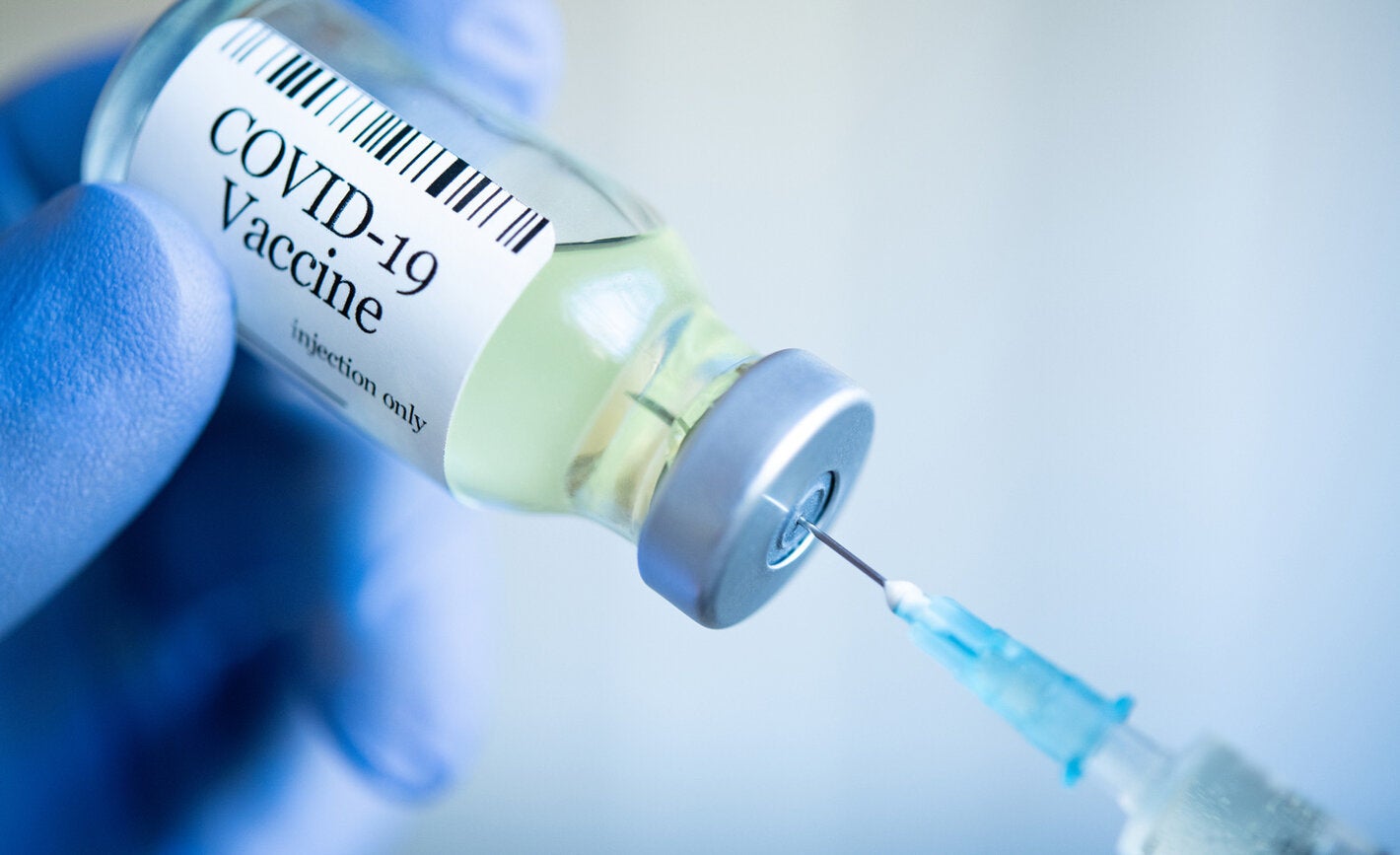Promoting COVID-19 Vaccine and Booster Uptake in Black Patients with Rheumatic Conditions: A Call for Empathy and Dialogue

Efforts aimed at increasing the acceptance and uptake of COVID-19 vaccines and boosters among Black patients dealing with rheumatic diseases need to acknowledge and address the complex interplay of racial, ethnic, and socioeconomic factors, underscore researchers.
Despite widespread initiatives to mitigate vaccine hesitancy and encourage vaccine uptake among historically marginalized groups, disparities in completing vaccine series and embracing booster shots persist. According to Dr. Nnenna Ezeh and collaborators from Brigham and Women's Hospital, Boston, and shared in Arthritis Care & Research, individuals with rheumatic conditions encounter disproportional COVID-19 burdens and vaccine hesitancy similar to the broader population.
In their study, the researchers delved into the underlying thoughts and motivations contributing to vaccine and booster hesitancy among Black patients with rheumatic and musculoskeletal diseases. Through semi-structured interviews conducted via Zoom, involving physicians and community leaders, the team uncovered insights and themes pivotal to this scenario.
The researchers meticulously analyzed transcribed interviews, highlighting recurring themes, particularly those connected to participant demographics. The study engaged eight physicians and twelve community leaders. The identified reasons behind vaccine hesitancy included concerns about vaccine development, conspiracy theories, doubts about vaccine efficacy, historical injustices, racism, and mistrust in healthcare systems.
To enhance vaccine acceptance and disseminate accurate vaccine information within the Black community, the researchers propose a strategy that involves "personal storytelling with an iterative and empathetic approach." By creating a safe space for meaningful dialogue and understanding, the researchers believe that fostering connections and emphasizing shared experiences can pave the way for better vaccine uptake.
The insights gathered through this study serve as a foundation for developing an educational curriculum, focusing on training popular opinion leaders in the Black community about vaccine safety and hesitancy. This initiative carries a racial justice lens, striving to mitigate mistrust and foster informed decision-making.
In a world grappling with healthcare disparities, incorporating empathy and thoughtful conversation into vaccine promotion strategies remains crucial, especially among populations that have historically faced systemic challenges.
